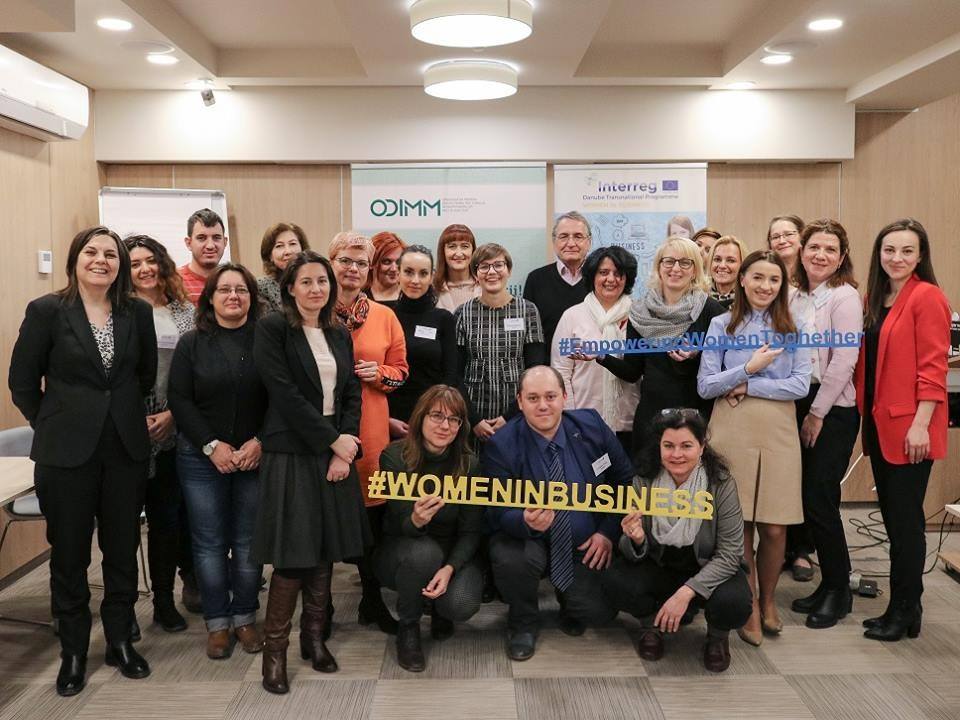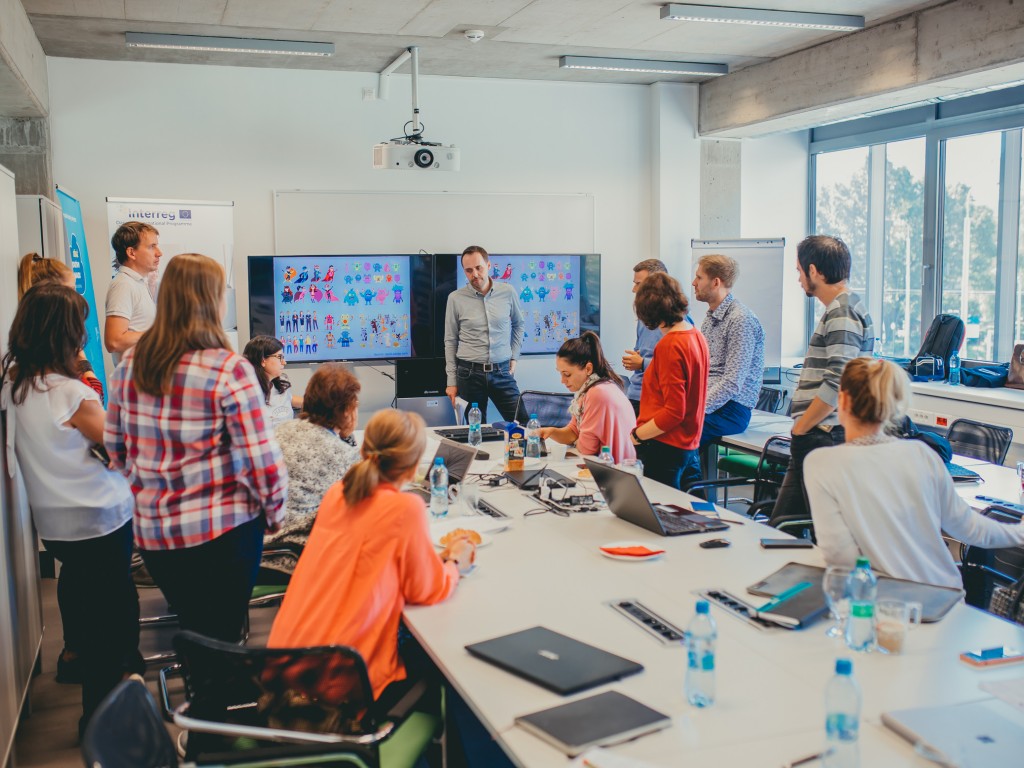Interreg projects respond to COVID-19 impacts in Danube region
06-04-2021
In relation to the COVID-19 pandemic, several running Interreg Danube projects submitted a request to the Joint Secretariat for modification of their planned activities, responding to the pandemic’s potential impacts on different sectors in the Danube region. Adjusted policy recommendations in agri-food sector, complemented learning platforms or their full digital adoption, concrete support measures for entrepreneurs; these are just some examples of how our projects adapt to a “new normal”.
Adapting policy recommendations
The COVID-19 pandemic created unprecedented challenges for agri-food systems, including shifts in demand and complications in transport and logistics. Interreg Danube project Danube S3 Cluster looks into the impact of the pandemic in the industry in the Danube region to identify solutions ensuring sustainable food production. Based on the analysis of potential disruptions in agri-food value chains, new contingency measures and policy recommendations will be proposed to soften the consequences of the current situation and to contribute to the design of appropriate instruments for economic recovery of the sector.
Investments in road infrastructure safety might be also largely affected due to the pandemic, shrinking already small budgets dedicated to it. Improving road infrastructure safety in the Danube area was set as an overall objective of the Radar project. In response to the new situation, the project decided to include the lessons to be learnt within the first region-wide Danube Infrastructure Road Safety Improvement Strategy. Also, the project's team plans to actively advocate among stakeholders to keep road safety high on the political agenda of the participating countries, hoping that immediate actions on awareness-raising and exchange of experience would influence the likelihood of less severe consequences of COVID-19 on road safety in the Danube area in the long run.
The adjusted activities of Interreg Danube project Women In Business also reflect the current COVID-19 pandemic. By analysing effects on businesses owned by women, which are being hit hardest by the economic fall-out of the pandemic, a policy guide will propose concrete measures for supporting young women entrepreneurs and women-owned enterprises.
When it comes to investment opportunities, social enterprises have been deeply affected too. The changes in the European social impact investment landscape, makes it necessary to rethink the outcomes of the mapping implemented in the initial phase of the Finance 4 Social Change project. With new activities to be carried out during the extension period, the project will aim to strengthen the adaptability and crisis resilience of social enterprise and social finance ecosystems in the Danube region, by including new insights in the Social Impact Investment Community Strategy for the Danube region.

Photo: Women in business project
Broadening impact by going online
Some other actions of our projects in response to the COVID-19 include digital technologies. Interreg Danube project Indeed responded to the challenges in the health sector by creating a free online learning platform with COVID-19 related information and practical solutions for professionals in the care of people with dementia. In addition, a new collaboration with a project partner from Moldova will help broaden the project’s impact by offering education support to senior care workers in one of the most affected countries in the Danube region.
With a similar approach, the InnoSchool project embraces a digital environment to broaden the scope of users of its InnoSchool Learning System developed as an entrepreneurship skills program for secondary schools in the Danube region.

Photo: Innoschool project
Testing new support instruments
A number of additional support instruments will be implemented during the approved extension period as well. For example, the Danube Chance 2.0 project will test and implement a new incubation program assisting micro and small entrepreneurs in crisis or after bankruptcy. The program is aimed at helping to modify uncompetitive business models or re-starting the business. The project will also develop an algorithm for analysing financial indicators of the SMEs, helping to forecast their cash flow up to 24 month ahead.
